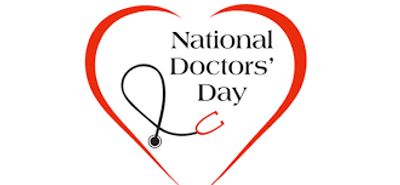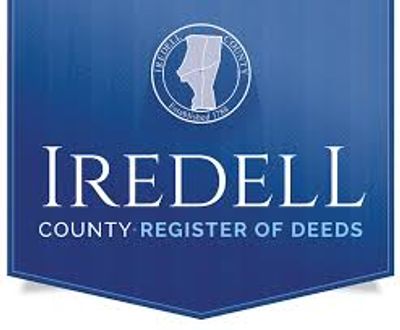Warning Signs of Heart Attack: No Time to Waste

You’ve just woken up and have a burning sensation in your chest, but realize it goes away after a few minutes. You remember you had a large dinner last night, so you dismiss it as heartburn. A little later, you start to feel chest pain again, accompanied by shortness of breath. You begin to think, “Could this be something more serious than heartburn?”
When in doubt, you should seek medical attention right away. It’s better to be safe than sorry when it comes to signs of heart attack.
“Heart attack symptoms may come and go and be dismissed as indigestion or a muscle strain, but it is important to pay close attention to the warning signs and seek medical attention to assess for a cardiac cause,” said John Allan, cardiologist at Iredell Cardiology.
About every 40 seconds, someone in the United States has a heart attack, and fast action is crucial. According to the American Heart Association (AHA), most people wait more than two hours to get help. However, heart attack treatments work best if they’re given within an hour after symptoms start.
In order to act fast, you must get familiar with the warning signs of heart attack.
Warning Signs of Heart Attack
Heart attacks can be sudden and intense, or they can develop and start out as mild pain or discomfort. The signs and symptoms can vary from person-to-person. So, you may experience several of the signs of heart attack, while someone else may only experience very few.
Since not every symptom occurs in every heart attack, it’s important to recognize all the signs so you can seek help immediately.
According to Allan, the common warning signs of an impending heart attack include:
- Chest discomfort that may feel like uncomfortable pressure, fullness, squeezing, or pain in the center of the chest that lasts more than a few minutes or that goes away and returns
- Shortness of breath
- Shoulder and/or arm pain
- Lightheadedness
- Fatigue and weakness
“These warning signs may occur hours or weeks before the actual heart attack,” said Allan.
Additionally, heart attack symptoms can be influenced by your gender, and women may have different warning signs than men.
Women are less likely to describe a feeling of chest pain or discomfort. However, they are more likely to experience unusual fatigue and weakness, insomnia, shortness of breath, nausea and vomiting, and back, shoulder, or jaw pain.
Being aware of heart attack symptoms is vital, but so is knowing about the things that put you at risk.
Risk Factors for Heart Attack
There are several factors that put you at risk for heart attack. Most of these risks can be lowered with simple lifestyle changes; however, some risks may be out of your control.
According to Allan, lifestyle risk factors that you can treat or control include:
- Physical inactivity
- A diet high in sodium, sugar, and fat
- Smoking
- Drinking too much alcohol
- Diabetes
- Obesity
- High blood pressure
- High cholesterol
You may be born with certain risk factors that cannot be changed or are out of your control. These include increasing age, male gender, and family history of heart disease.
According to the AHA, men have a greater risk of heart attack than women do, but women are at greater risk of dying from heart attack.
If heart disease runs in your family, you might be thinking that there is nothing you can do to increase your heart’s health. According to Allan, this is a common misconception among many.
Luckily, there are many lifestyle changes you can make to outweigh your risk.
This includes partaking in moderate exercise a few times a week, eating a healthy diet low in fats and cholesterol, maintaining a healthy weight, and quitting all tobacco use.
Make sure to talk to your primary care provider about any concerns you may have about your risk for heart disease and what you can do to maintain a healthier heart.
When it comes to signs of heart attack, there’s no time to waste. If you ever experience heart attack symptoms, do not hesitate to call 9-1-1. One phone call could be the difference between life and death.
Allan practices at Iredell Cardiology, located at 925 Thomas Street in Statesville, and 653 Bluefield Road in Mooresville. To schedule an appointment with Dr. Allan, please call 704-878-4694.
































